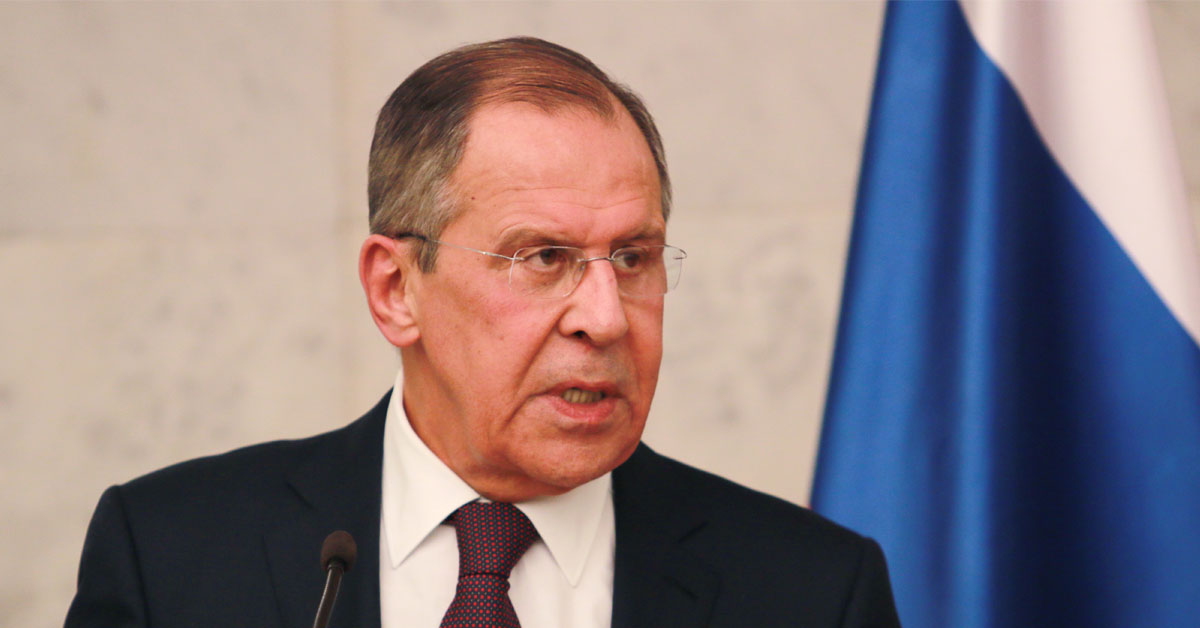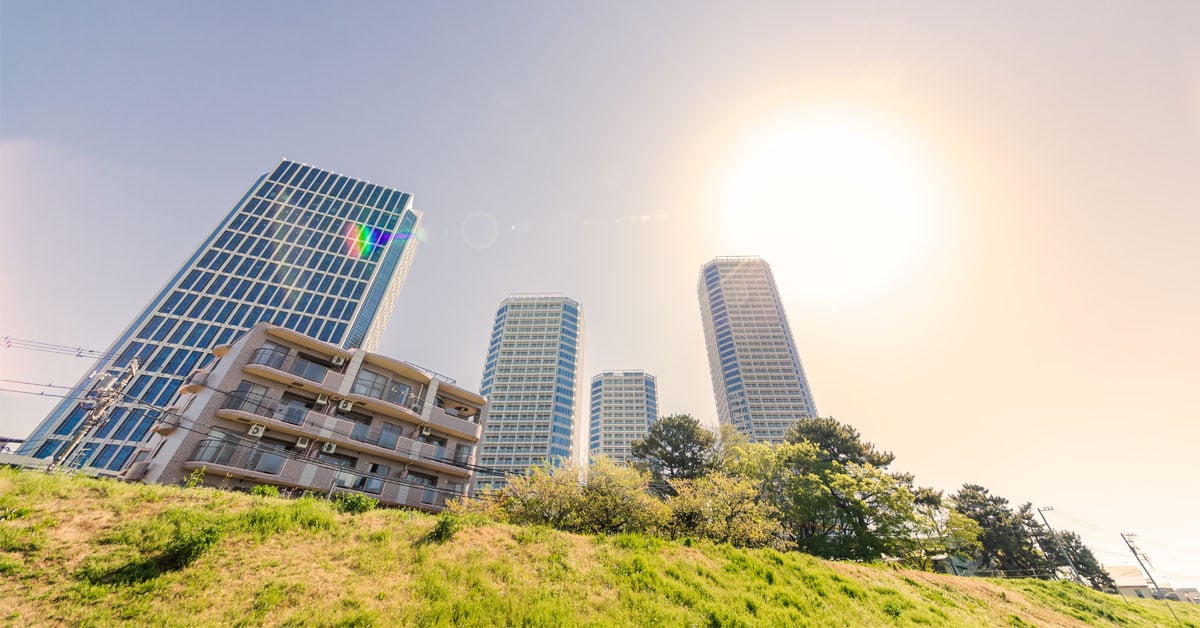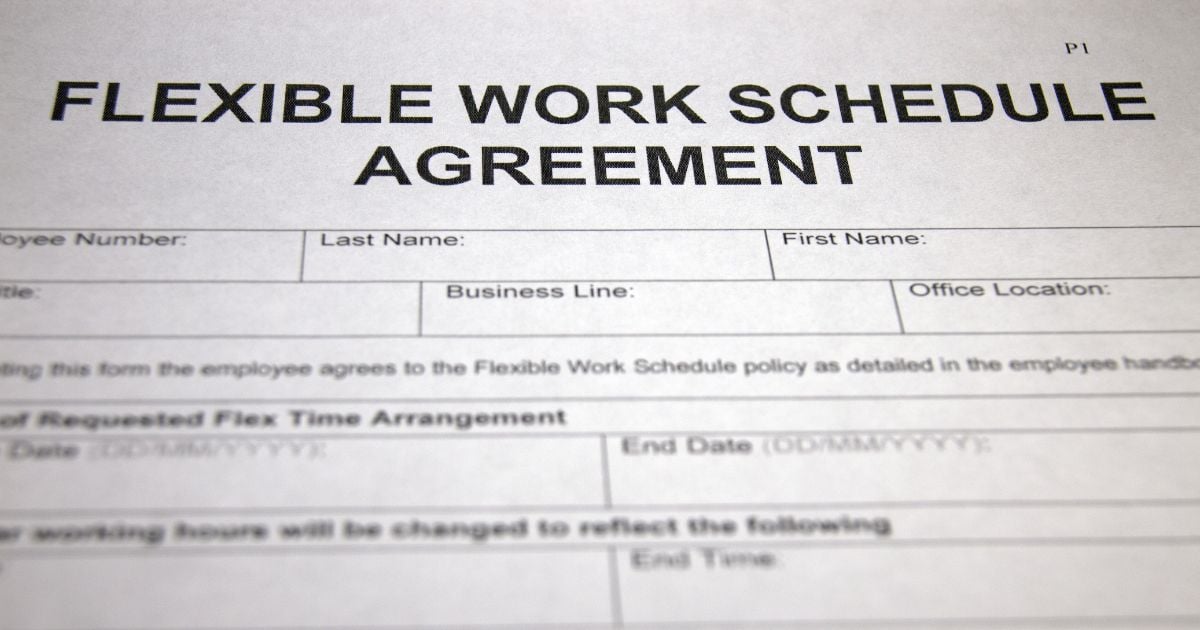This news shouldn’t come as a surprise.
But I think the main flaw in restricting entry for people from “Unfriendly Countries” is that they need to want to be in your country first before it’s actually effective.
And looking at the current circumstances?
We may love Game of Thrones, but I’ll stay with the tropical regions instead of experiencing blasted winter and the Red Wedding massacre, thank you very much.
Foreign Minister Sergey Lavrov’s Announcement
After the West and several other countries slammed Russia with sanctions at an unprecedented scale and speed, in response to the Kremlin’s decision to invade Ukraine, Russia started widely publicising a list of “unfriendly countries”.
On any social media, it would be the equivalent of a “block”, except Moscow still ghosts your public profiles to see what you’ve been up to.
But beyond the verbal declaration, Moscow hasn’t struck back exactly, until today (29 Mar), that is.
During a televised broadcast, Russian Foreign Minister Sergey Lavrov said: “A draft presidential decree is being developed on retaliatory visa measures in response to unfriendly actions of a number of foreign states. This act will introduce a number of restrictions on entry into Russia.”
He adds that the countries marked as unfriendly relations are United States, Australia, Britain, New Zealand, Japan South Korea, all of the European Union (EU) member states, and of course, Singapore.
We’re a tiny dot, but we deserve a mention!
Interested in why Singapore is an “unfriendly country” and what are the other consequences? Watch the video below:

However, he did not go into precise details about what those restrictions would be.
Russia could very well hit the world hard by cutting off its energy supply, but they would be crippling themselves too, so restricting entry might be the most they can do at the moment.
The Shock and Awe Economic Sanctions
Now that we’re three to four weeks into the Ukrainian crisis, perhaps it’s imperative to ask if the sanctions, financial and military aid to Ukraine is working?
Given that the situation in Ukraine is surrounded but at a deadlock while Russian forces regrouping and re-strategizing, it would be somewhat optimistic to say that Ukraine has made it through the first wave of attacks.
If the whistle-blower from Russia is to be believed, of how the Kremlin intended to end the war in two weeks, then the war has gone off course and no one knows how long this crisis might potentially drag out.
Are the economic sanctions working?
If President Putin has gone as far as calling the torrent of sanctions an “economic blitzkrieg”, an attack fast and withdraw quickly tactic that was widely hailed for its ruthlessness and efficiency, then it must be damaging Russia to some extent.
Join our Telegram channel for more entertaining and informative articles at https://t.me/goodyfeedsg or download the Goody Feed app here: https://goodyfeed.com/app/
The Plummeting Economy of Russia
Within 72 hours of Russia launching its invasion on 24 Feb, the United States and its allies expelled the majority of Russian financial institutions out of SWIFT—the fundamental backbone of the global banking system.
Afterwards, they froze foreign bank accounts of dozens of Russian billionaires and began taking away their properties and superyachts, crippling them financially.
For a short explanation on why this tactic is so effective, Putin’s autocracy essentially runs on the support of oligarchs, who typically are the richest people in Russia and in possession of what used to be state-owned assets.
His tight-knit group of billionaires—at least 16 of whom have already been sanctioned against—act as his piggy bank for his grand plan, while also keeping himself rich, because a portion of the money eventually circulates back to him too.
And majority of the world’s money isn’t in physical currency but flowing in virtual or stored in banks.
By barring the Central Bank of Russia from making any transactions globally, the $300 billion that had been stashed in American, European and Asian vaults are all but out of reach.
To know how much pain the economic sanctions are already causing, the US Deputy Security Advisor for international economics, Daleep Singh, stated that there was no better place to look than at the Russian officials themselves.
“You can hear the top Russian officials describing the pain they’re under,” Singh told 60 Minutes in an interview, before adding that those officials have started taking “desperate measures” to try and mitigate the punishing economic blows.
It’s obvious that Putin is trying to salvage his country by isolating the Russian economy. For instance, capital controls have been implemented to stop people within Russia from taking foreign currency out.
With the pullback of many companies, investments have plummeted to an all-time low, the variety, choice, and supply of goods and services have decreased dramatically, even though demand still remains constant, which will inevitably drive up the costs of living.
Singh said, “Russia is on the fast track to a 1980s-style Soviet living standard. It’s looking into an economic abyss, and that is the result of Putin’s choices.”
With such unpalatable living conditions, who would want to go to Russia willingly?
Regardless of whether you hate or love capitalism, globalisation and the necessity of trade and economy has reshaped how wars are fought in the modern era.
The US and NATO might not be able to send troops or provide lethal weapons to Ukraine, but the economic sanctions are proving to be rather effective and snowballing swiftly.
Currency has never devalued this fast, not even during the varying financial crises, and that’s saying something.
Read Also:
- Russia’s Roman Abramovich & Ukraine Peace Negotiators Allegedly Poisoned
- Fencing in Hawker Centres & Markets Will Be Removed & People Can Dine In in 5 Without Checks
- A Chicken Task Force is Formed to Control Chicken Population in Sin Ming
- Customer Staying in Condo Wants Food Delivery Rider to Pay for Food If He Didn’t Reach by a Certain Timing
Featured Image: Shutterstock / Sasa Dzambic Photography





